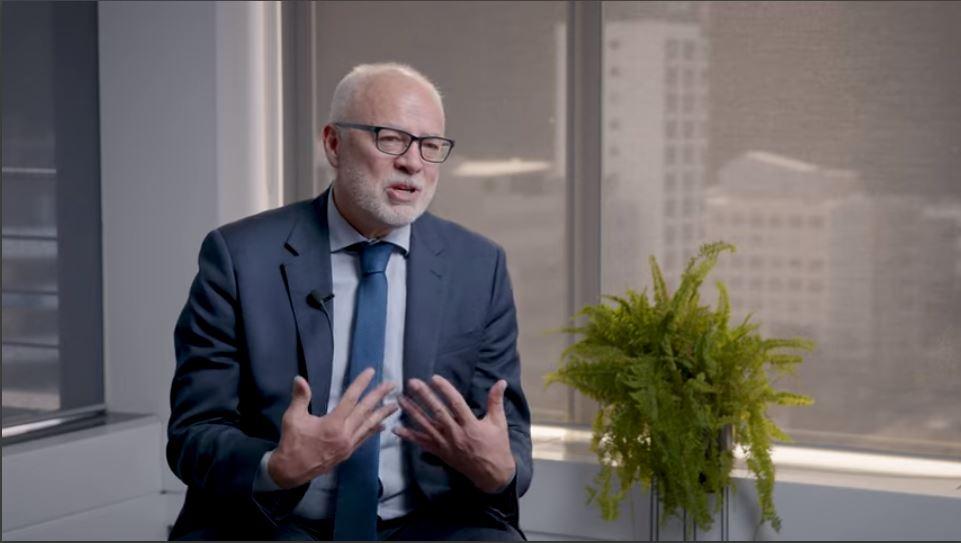Back in December 2022, New Zealand’s then-prime minister, Jacinda Ardern, announced the country would hold a Royal Commission of Inquiry into the government’s handling of the COVID-19 pandemic, calling it “the highest form of public inquiry and ... the right thing to do.”
It was to be chaired by Australian-based epidemiologist Professor Tony Blakely, alongside two members, former Cabinet Minister Hekia Parata and former Treasury Secretary John Whitehead, an economist.





